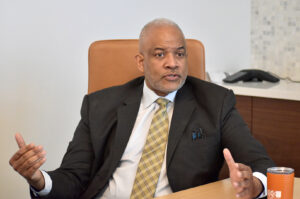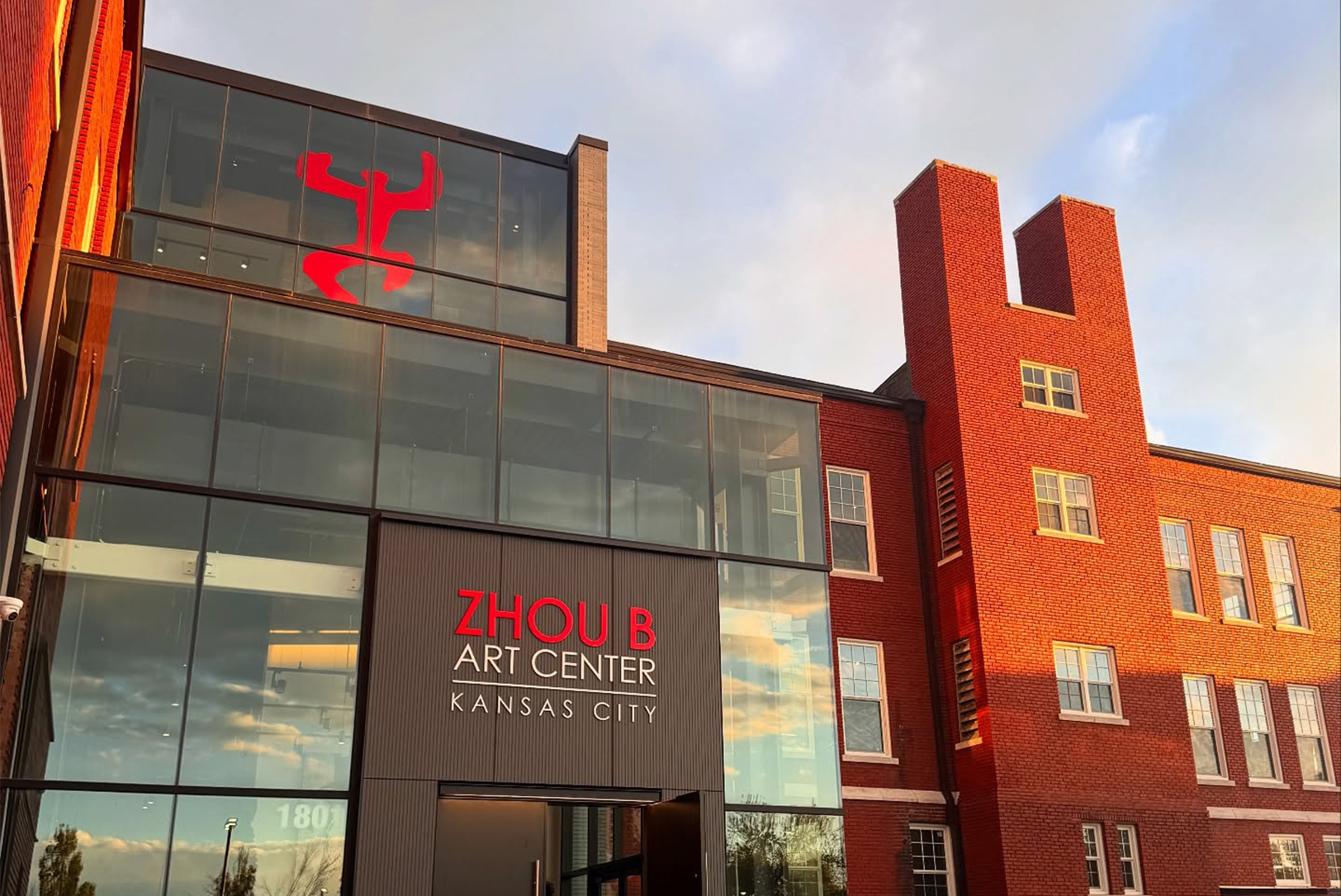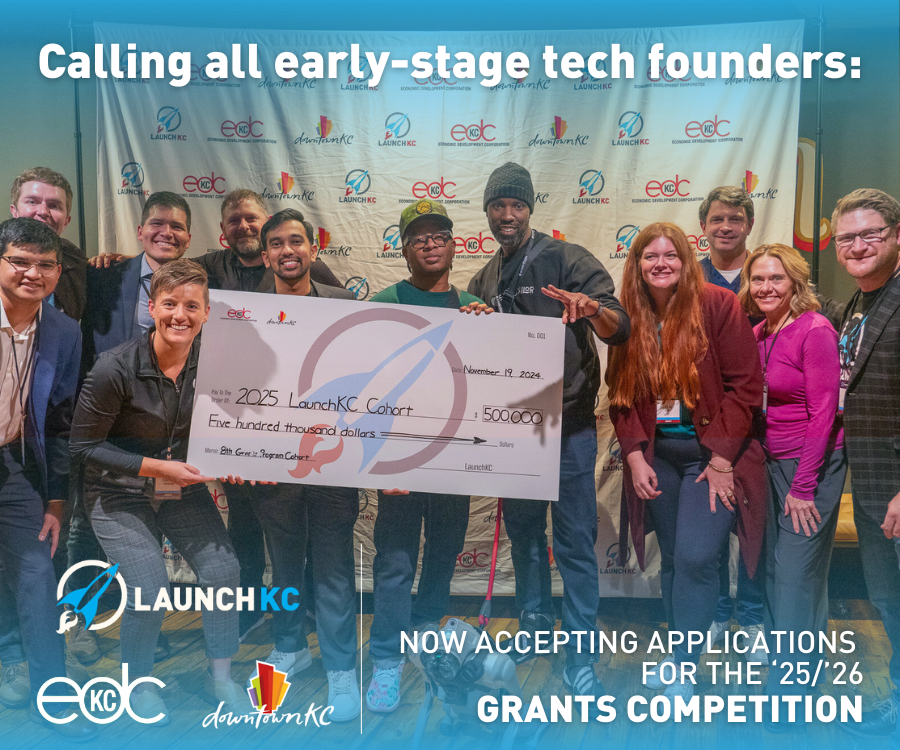EDCKC absorbing initiative built to strengthen KC’s urban core after $60M in investments
A move to transition the Central City Economic Development (CCED) program under the umbrella of a larger KCMO impact agency is expected to boost the urban core-focused initiative’s ability to uplift both the people and the places at the heart of Kansas City, officials said Monday.
The CCED program is funded through a voter-approved ⅛-cent sales tax to support economic growth in Kansas City’s third, fourth, and fifth districts. It focuses on affordable housing, small business development, and community-led revitalization.
The City of Kansas City, Missouri has finalized an agreement transitioning administrative oversight of the CCED Sales Tax District to the Economic Development Corporation of Kansas City (EDCKC).
The change aims to strengthen program oversight, improve collaboration, and maximize the impact of investments on the community, said Melissa Patterson Hazley, Councilmember for KCMO’s 3rd District.
“This transition isn’t about changing the CCED program — it’s about making it stronger,” said Patterson Hazley. “By aligning CCED with EDCKC’s broader incentive services and development capacity while maintaining a strong partnership with City Hall, we are building a more cohesive, efficient, and responsive ecosystem for revitalizing our communities.”
The CCED program is a voter-approved initiative that supports economic growth, housing development, and cultural preservation in Kansas City’s 3rd, 4th, and 5th Council Districts. With more than $60 million invested to date in transformative projects, this transition ensures that future investments are delivered with greater efficiency, accountability, and impact, leaders said.
Notable CCED-backed projects include:
- KD Academy/MACPEN Enterprise, 2115 Prospect Ave — $1,000,000
- Zhou B Art Center, 1801E 18th St — $1,875,000
- Neyan’s Place, 1410 30th St — $350,000
- Negro League Baseball Museum and Hotel, 1800 Paseo — $3,875,000
- Hero Home Gate/Ivanhoe Neighborhood Council, 3700 Woodland Ave — $1,655,707
- MOCSA/Relocating a rape crisis center to the Central City area — $1,000,000
- Oak Park Neighborhood Association, 2601E 38th St — $2,950,000
RELATED: Why a rival baseball icon joined the roster for this KC museum’s big league upgrade
Click here for more details on CCED investment projects, as relayed by Dion Lewis, deputy director of Housing for KCMO.

Tracey Lewis, president and CEO of the Economic Development Corporation of Kansas City, at EDCKC’s offices in River Market; photo by Nikki Overfelt Chifalu, Startland News
“We’re honored to take on the administration of the CCED program and help steward this important tool for community investment,” said Tracey Lewis, executive director at the EDCKC. “By aligning CCED with EDCKC’s broader development efforts, we’re not only enhancing efficiency — we’re ensuring that projects are delivered with the transparency, equity, and impact our residents deserve.”
RELATED: KC’s next big wins require all players join EDCKC in the field, leader says
As program administrator, EDCKC will appoint a dedicated CCED agency director and leverage its experienced development team to manage implementation. The organization will introduce clear performance metrics, strengthen project tracking, enhance communication with developers, and expand visibility around program outcomes.
Leveraging its network of developers, legal advisors, and service providers, EDCKC is well-positioned to support successful project delivery. Ongoing partnerships with technical advisors will ensure feasibility studies and financial assessments continue to guide investment decisions.
Through this new administrative structure, officials said, EDCKC remains committed to equitable development, long-term consistency, and inclusive community engagement — ensuring CCED investments uplift both the people and the places at the heart of Kansas City.









































